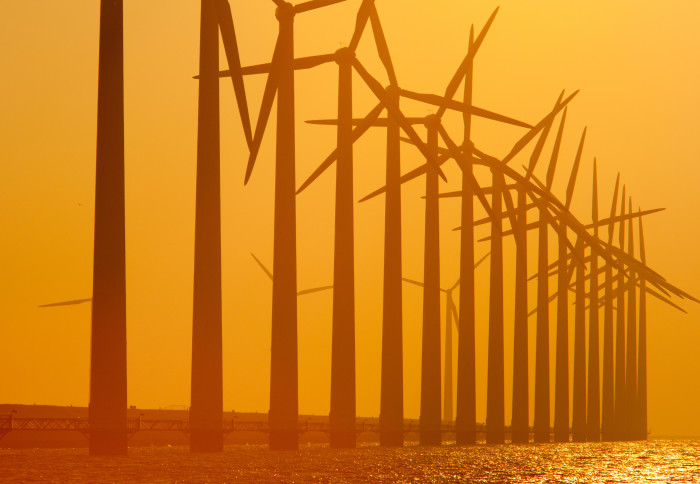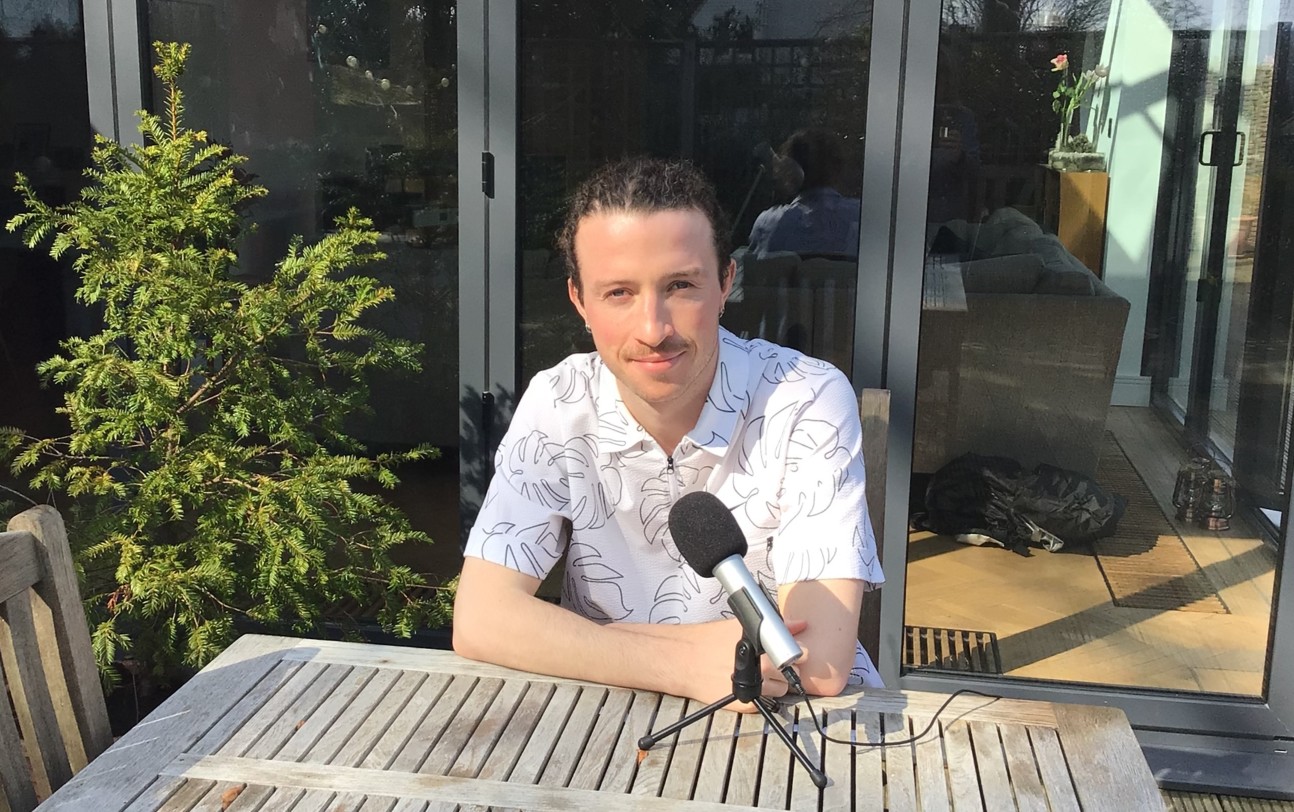New podcast explores challenges of building Net Zero energy system

Low Carbon Conversations investigates the challenges and opportunities presented by the energy transition.
A new podcast from the Integrated Development of Low-carbon Energy Systems (IDLES) programme and Energy Futures Lab is setting out to explore how Imperial College research is helping to build a sustainable energy system.
Low Carbon Conversations, hosted by electrical engineering PhD student Cormac O’Malley, delves into the challenges and opportunities facing different sectors as they strive to decarbonise and examines the roles clean energy technologies and resources like offshore wind, solar power and hydrogen are playing.
Each episode features an in-depth interview with an Imperial College researcher and explores a different aspect of the energy transition, with particular attention paid across the series to how researchers are overcoming the technical obstacles to a greener future.
In the first episode, A Powerful Transformation, released today, Cormac is joined by Dr Marko Aunedi, a Research Fellow in the Department of Electrical and Electronic Engineering, whose whole energy system modelling aims to establish the most cost-effective ways to cut the carbon footprint of the electricity system.
Dr Aunedi discusses how the mix of energy sources used to generate electricity in Britain is changing and how the grid is being transformed to handle more energy from renewable sources like wind and solar.
The podcast is available now on Spotify, Apple Podcasts, YouTube and on other podcast platforms. A new episode will be released every month.
Q&A with the host
Low Carbon Conversations is hosted by Cormac O’Malley, an electrical engineering PhD student at Imperial College.
 Tell us a bit about what you do…
Tell us a bit about what you do…
My research focus is low carbon power system operation. The national grid was designed to distribute energy from large fossil fuel plants to consumers. These ‘thermal’ plants were intrinsic to the stability of the grid, but now that we’re replacing thermal with renewables, maintaining grid stability can be a challenge. It’s a fertile area for research.
What inspired you to make a podcast?
Everyone wants a clean, fair, and sustainable low-carbon future. It’s frustrating that it’s not happening quicker. Like most people I used to think that political indifference and vested interests were the main obstacles. But when I started my PhD, I quickly realised that overhauling every aspect of contemporary society to be low carbon is far from trivial. There are multiple technical challenges to overcome to realise our green future. The idea for the podcast is to hear from experts about these challenges and to discuss the exciting new methods and technologies that are being deployed to surmount them.
What can listeners expect from Low Carbon Conversations?
There are six podcasts in the series, split into three groups of two: the first group focuses on low carbon power generation, the second group on heating and the third on transport. The first episode of each group outlines the main challenges and the important low-carbon technologies and resources. The second episode of the group drills down more deeply into one of those key aspects. For example, when I talked to Dr Adam Hawkes about zero-carbon heating systems, he said hydrogen is likely to be very important. So, in the next episode Dr Nixon Sunny goes into much more detail on the hydrogen supply chain and applications. That way we get both a good general survey of the field and plenty of insight into the technical challenges and solutions.
What surprised you the most while speaking to these experts?
I was surprised at how optimistic they were. Talking to them cheered me up a lot. They made me feel that a low-carbon future is not only possible, but highly probable. It’s something we should all be really excited about.
In the podcast, you ask guests to imagine their ideal-world decarbonisation technology. What would yours be?
Cheaper tidal power would be great. The two big problems with solar and wind, our main renewables, is that they’re highly variable and hard to predict. Tidal power has neither of these problems. Nothing is more predictable that the tides, so tidal power would be stable and predictable. But, because of the formidable technical challenges, tidal energy is six or seven times more expensive than solar and wind and the cost outweighs the benefits. For now!
IDLES research
This podcast is produced by the IDLES programme and Energy Futures Lab. IDLES is a five-year, EPSRC-funded research programme on whole energy systems analysis that aims to create a suite of modelling tools that can help plan and operate the energy system of tomorrow.
IDLES brings together researchers across seven departments at Imperial College to provide the evidence needed to facilitate a cost-effective and secure transition to a low-carbon future.
Find Low Carbon Conversations on Apple Podcasts, Spotify, YouTube or wherever you get your podcasts.
Article text (excluding photos or graphics) © Imperial College London.
Photos and graphics subject to third party copyright used with permission or © Imperial College London.
Reporter
Conor McNally
The Grantham Institute for Climate Change
